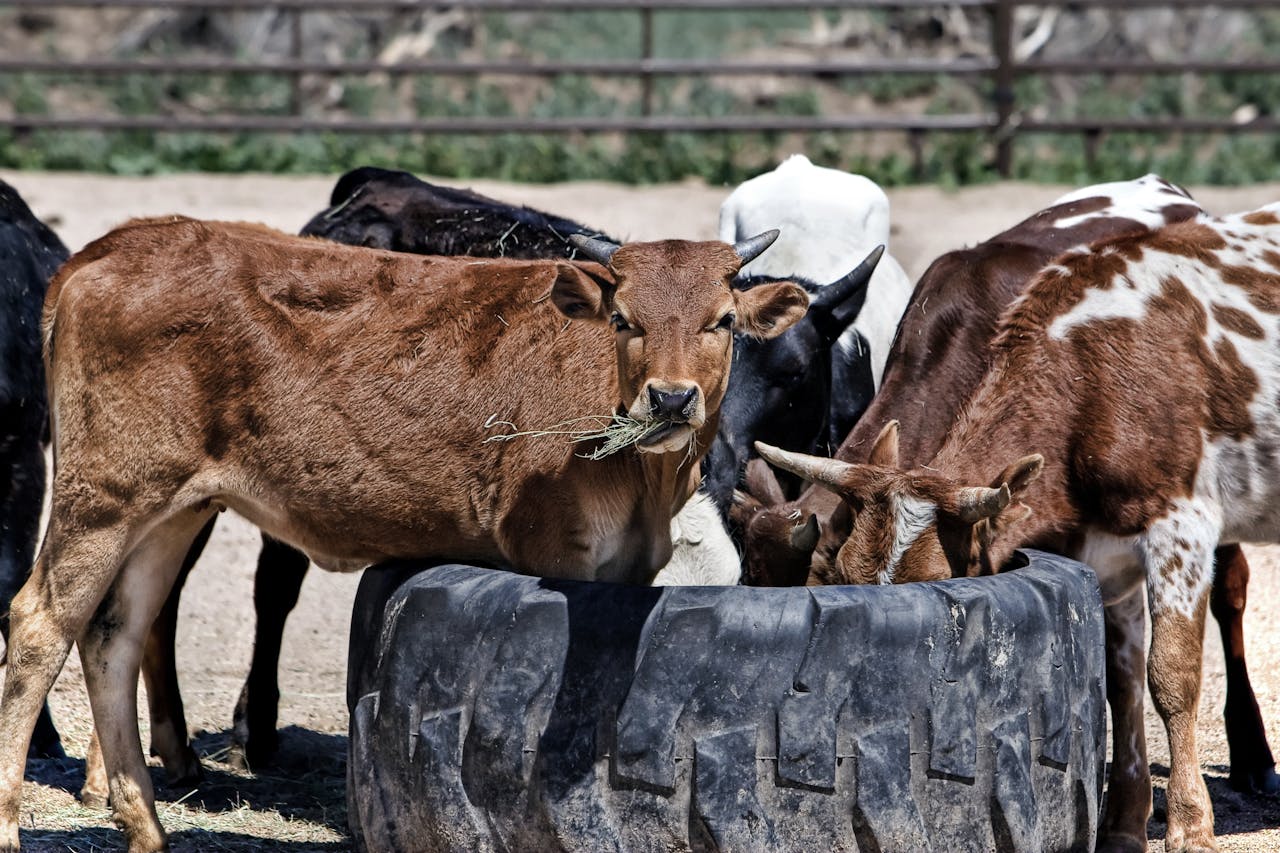Universities could save hundreds of thousands of dollars if they switch to a sustainable plant-based catering model. These are the findings of a new report from Bryant Research, which examined the cost and environmental impact of 140 different ingredients commonly served in university canteens.
Researchers Chris Bryant, PhD, and Billy Nicholles discovered that a medium-sized university catering to around 10,000 students could save around $650,000 a year if they switched to plant-based catering. This is because plant-based meals, on average, cost around 30 percent less than meat-based meals, according to the report.
 Getty
Getty
Bryant Research gives the example of a beef lasagna compared with a plant-based jackfruit burger. It notes that the lasagna, when served with cheesy garlic bread, fries, and salad, comes to around $6.11 per meal, while the burger, served with pickled cabbage and potato wedges, totals around $1.88 per meal.
Overall, the researchers compared 45 different meals to come up with their findings. They found that vegetarian meals were around 11.5 percent cheaper than meat-based meals on average.
But the gains from eliminating meat and dairy from the menu are more than financial. According to Bryant and Nicholles, plant-based meals result in 84 percent fewer emissions than meat-based meals. They also use one-tenth of the land.
The urgent need to serve more plant-based foods for the planet
The United Nations (UN) has repeatedly warned that the world needs to reduce carbon emissions in order to limit dangerous rises in temperature. Its most recent report stated that we are on track to reach a “catastrophic” rise of 3.1 degrees Celsius if nothing changes. This would lead to a significant increase in devastating extreme weather events, including hurricanes, floods, and heat waves.
“The emissions gap is not an abstract notion. There is a direct link between increasing emissions and increasingly frequent and intense climate disasters. Around the world, people are paying a terrible price,” said UN secretary-general António Guterres in a recent statement. He added: “We’re playing with fire, but there can be no more playing for time. We’re out of time.”
As well as reducing the use of fossil fuels, Guterres also highlighted how important it is to reduce deforestation. After all, trees remove carbon dioxide from the air, but when they’re cleared for land, they release all of this back into the atmosphere. According to Our World in Data, deforestation for agriculture is responsible for around 6.5 percent of global emissions.
 Getty
Getty
The leading driver of deforestation is the beef industry. In fact, according to Global Forest Watch, it is responsible for five times more deforestation than any other industry. The land is cleared to raise cows for meat, and while they’re being reared, these cows also produce emissions. In fact, over one year, one cow will release around 220 pounds of methane into the atmosphere.
This is why experts are calling for a major shift in the way we produce food. Bryant and Nicholles believe that academic institutions like universities can lead the way toward a sustainable food system and save money at the same time.
“In line with a wealth of academic literature, the data in this model is clear: a plant-based transition is an environmental imperative,” they said in a joint statement. “Our model found that plant-based meals are consistently the most sustainable across various environmental measures, compared to vegetarian and meat-based meals.”
 Pexels
Pexels
“Crucially, we also found that a plant-based transition provides an opportunity for caterers to reduce their food procurement costs,” they added. “This report gives them the reassurance and guidance they need to kickstart their transition to sustainable menus.”
Several universities have already pledged to reduce the amount of meat they serve on campus. In fact, just recently New York University (NYU) joined Columbia University, The Rockefeller University, and Fordham University in signing on for the NYC Plant-Powered Carbon Challenge. Each signatory of the City Hall initiative must pledge to reduce food emissions by 25 percent by 2030.
“NYU aims to be a leader in the higher education sector when it comes to addressing climate change directly through our food choices,” Linda G. Mills, the president of NYU, said in a statement earlier this year. “Delicious, healthy food helps our community flourish, and reducing the associated carbon footprint helps our planet flourish.”

